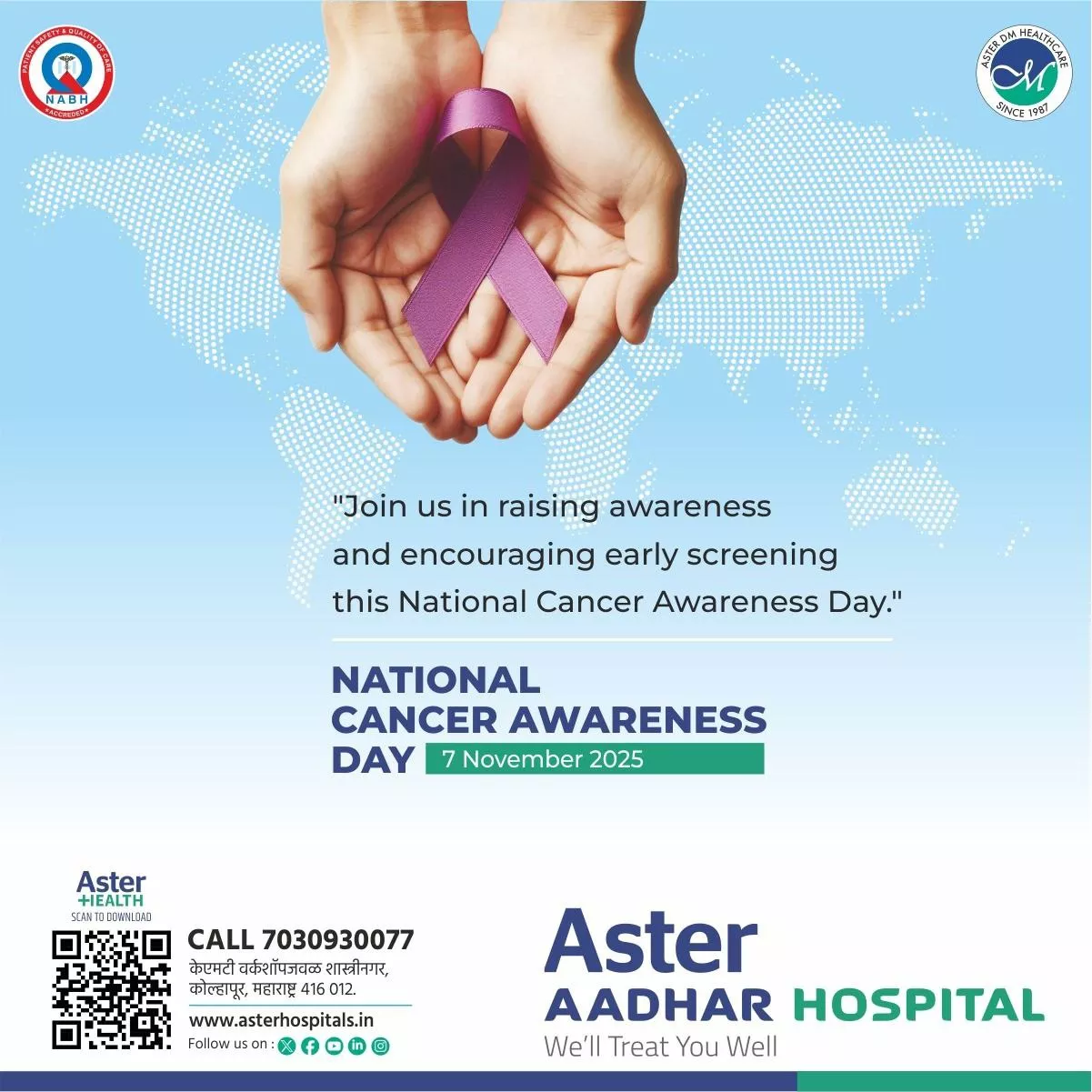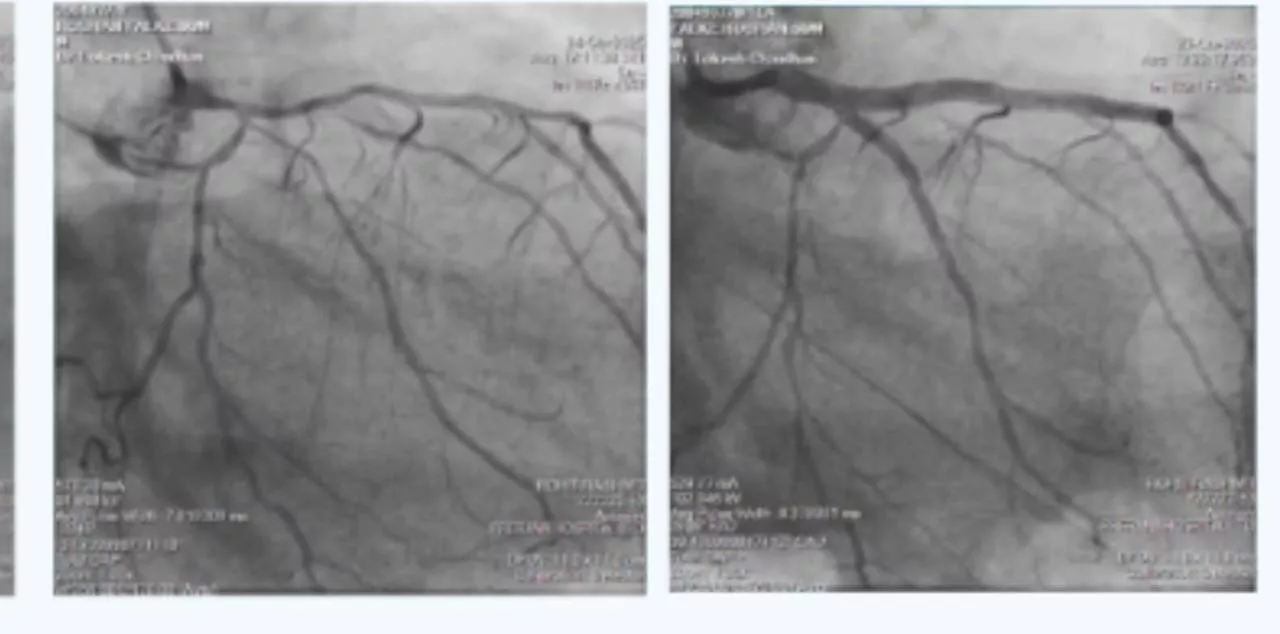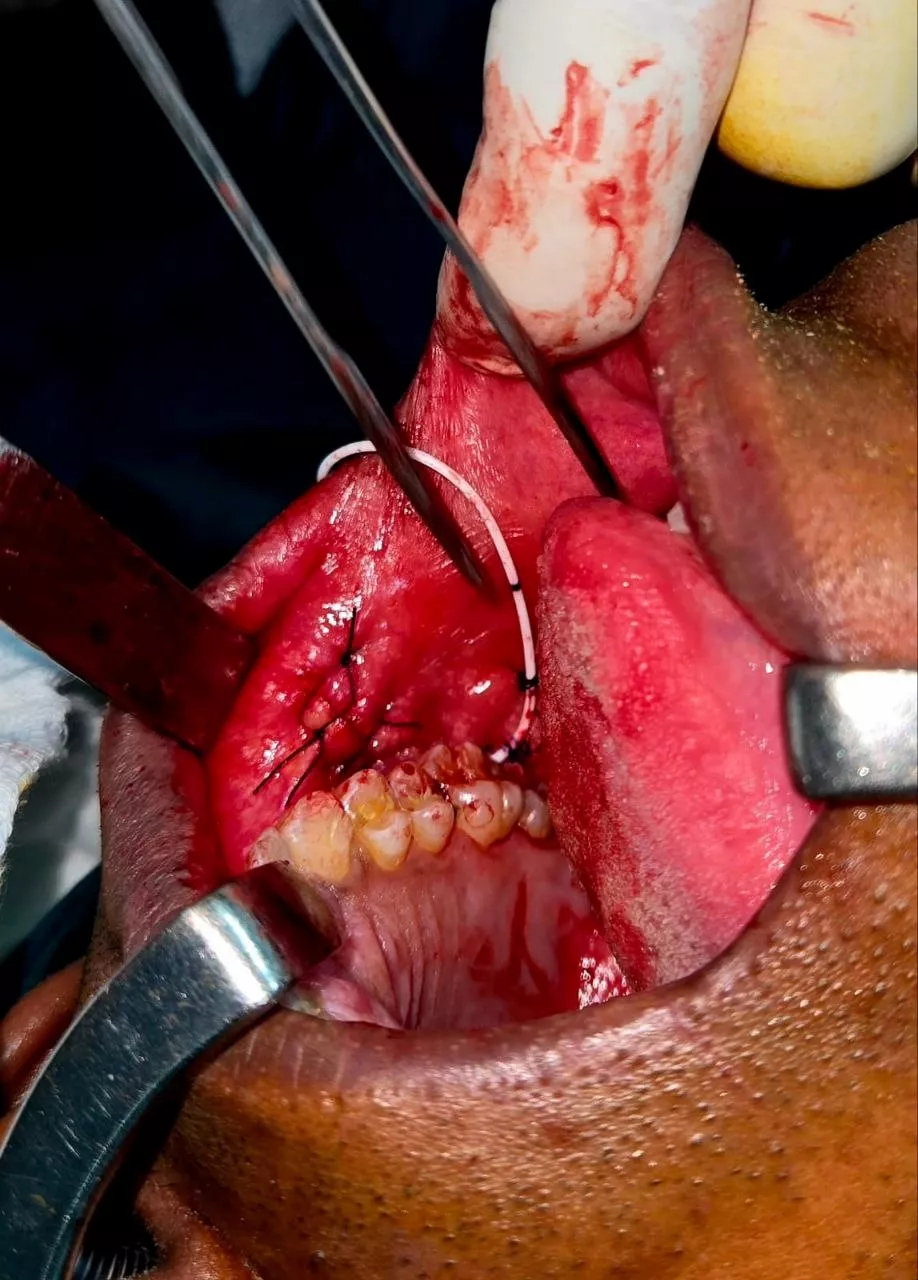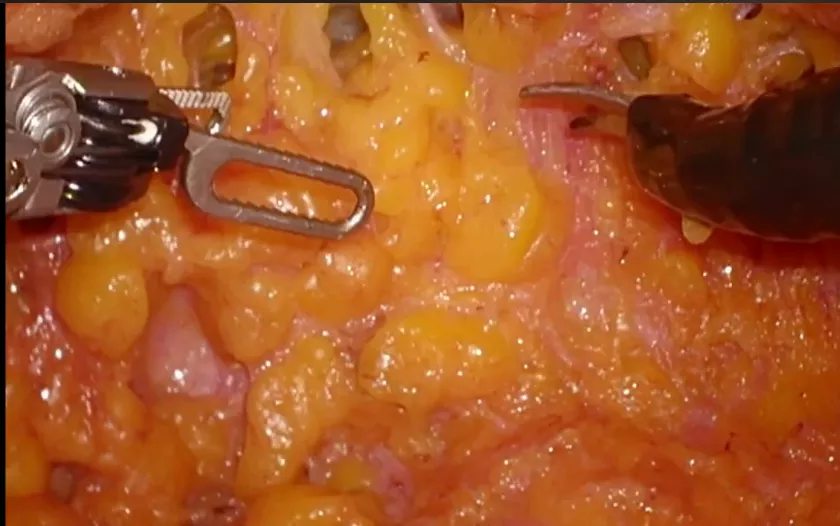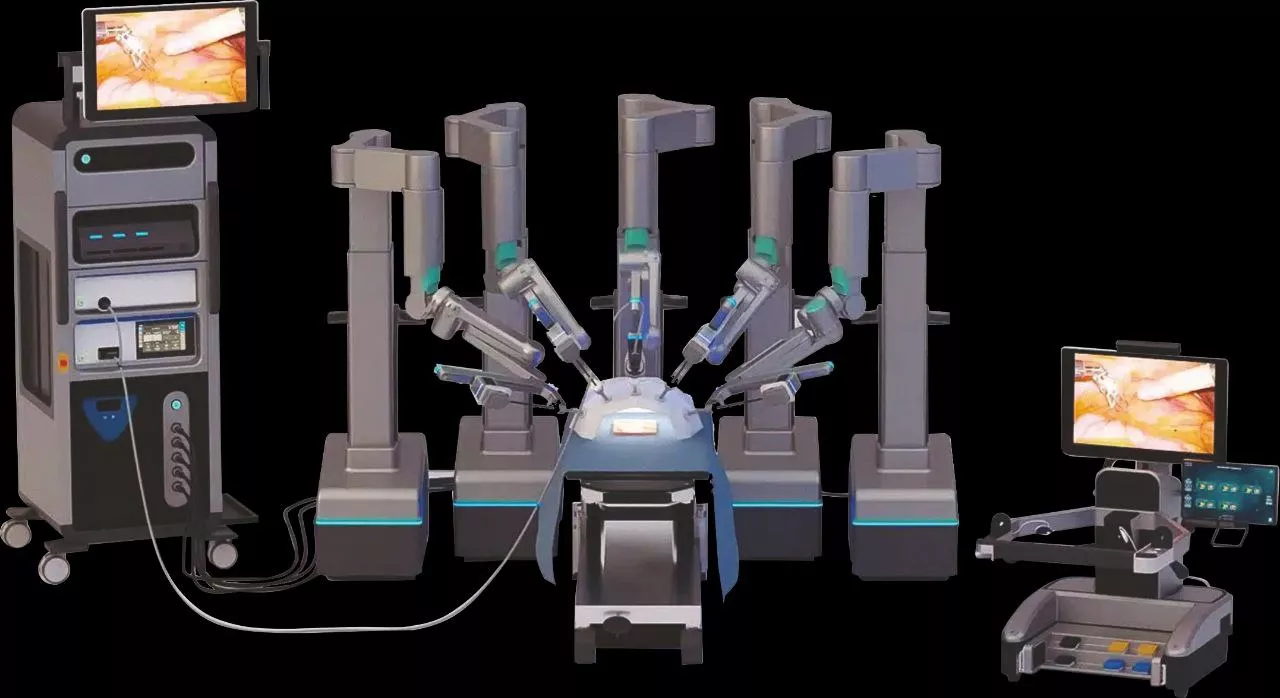National Cancer Awareness Day, observed every year on November 7th, is an important reminder of the growing burden of cancer in India and the urgent need to focus on awareness, prevention, early diagnosis, and access to advanced cancer care.
Cancer is no longer a rare disease. Nearly every family today knows someone who has battled cancer. But what many people don’t realize is that most cancers can be cured if detected early, and even advanced cancers can often be managed successfully with modern treatments available today at centers like Aster Aadhar Hospital, Kolhapur.
As an Oncosurgeon, I see firsthand how awareness, timely medical consultation, and advanced treatment options can transform outcomes. This article aims to educate the general public about common cancers, warning signs, and the advanced treatments we provide to give our patients the very best chance of survival and recovery.
1. Head and Neck Cancer: Understanding Risks, Symptoms, and Modern Treatment
Why India has one of the highest Cases of head & neck cancers
Head and neck cancers are extremely common in India due to:
✅ Tobacco chewing (gutkha, khaini, paan)
✅ Smoking
✅ Alcohol
✅ Betel nut (supari)
✅ Poor oral hygiene
✅ Viral infections like HPV
These cancers affect areas such as the mouth, tongue, throat, jaw, voice box (larynx), and sinuses.
Early signs that people often ignore
Many people delay seeking treatment because early symptoms look harmless. Watch out for:
- Mouth ulcers not healing for more than 2 weeks
- White or red patches in the mouth
- Persistent throat pain
- Change in voice /hoarseness
- Difficulty swallowing food
- A lump in the neck
Cancers detected in the early stages have a very high cure rate. Late diagnosis makes treatment more difficult.
World-class treatment at Aster Aadhar Hospital
Our Head & Neck Oncosurgery Unit specializes in:
- Complete tumor removal with precision
- Organ preservation (saving voice, swallowing, chewing function)
- Minimally invasive surgeries
- Reconstruction to restore appearance and function
Reconstruction after cancer: Free Flap Surgery
After removing a tumor, some patients may lose jawbone, cheek tissue, tongue tissue, or facial structures.
Free flap reconstruction uses tissue from the patient’s arm, thigh, or leg to rebuild the missing part.
Benefits include:
✅ Restored natural appearance
✅ Improved speech
✅ Easier swallowing
✅ Better long-term quality of life
This is especially important for young patients and working individuals.
2. Breast Cancer: Awareness, Screening & Advanced Oncoplastic Surgery
Why breast cancer is rising in India
Breast cancer is the most common cancer in Indian women.
The rise is due to:
- Changing lifestyle
- Lack of exercise
- Delayed pregnancies
- Hormonal changes
- Poor awareness of screening
Simple steps every woman should follow
Women should perform:
✅ Monthly self-breast examination
✅ Annual clinical examination by a doctor
✅ Mammograms starting at age 40
Early detection makes breast cancer almost 100% curable.
Signs women should never ignore
- A lump in the breast
- Nipple discharge
- Change in breast shape
- Skin dimpling or redness
- Lump in the armpit
Breast cancer surgery has evolved — it’s no longer “breast removal only”
At Aster Aadhar Hospital, we offer:
- Breast-conserving surgery (removing only the lump, not the breast)
- Oncoplastic surgery (cancer removal + cosmetic reshaping)
- Sentinel lymph node biopsy (avoiding unnecessary lymph node removal)
- Immediate breast reconstruction
The goal is to cure the cancer while preserving the natural look of the breast, giving patients confidence and emotional comfort.
3. Cytoreductive Surgery (CRS) & HIPEC: A Game-Changer for Advanced Abdominal Cancers
Some cancers spread inside the abdomen and form deposits on surfaces of organs such as the intestines, liver surface, spleen, or diaphragm.
These include:
- Ovarian cancer
- Stomach cancer
- Colon cancer
- Appendix cancer
- Peritoneal cancer
Earlier, such cases had very poor outcomes. Today, CRS + HIPEC has significantly improved survival.
What is Cytoreductive Surgery?
It involves removing all visible tumor deposits from the abdominal cavity. It may include:
✅ Omentectomy
✅ Peritonectomy
✅ Removal of affected organs if needed (e.g., gallbladder, appendix, ovaries)
What is HIPEC?
After surgery, heated chemotherapy (41–43°C) is circulated inside the abdomen for 60–90 minutes.
Why HIPEC works better:
- Heat increases the cancer-killing power of chemotherapy
- High concentration of drug targets cancer locally
- Fewer side effects to the rest of the body
Who benefits most?
Patients with:
- Ovarian cancer
- Pseudomyxoma peritonei
- Peritoneal metastasis
- Colorectal peritoneal spread
Aster Aadhar Hospital offers specialized CRS-HIPEC care, performed by trained surgical oncology experts.
4. Lung & Thoracic Cancer: Symptoms, Early Detection, and Modern Minimally Invasive Surgeries
Why lung cancer rates are rising
- Smoking
- Passive smoking
- Air pollution
- Industrial exposure
- Increasing life expectancy
Symptoms that should never be ignored
- Persistent cough
- Coughing blood
- Chest pain
- Breathlessness
- Unexplained weight loss
Most patients reach us late, thinking symptoms are due to infection or smoking. Early diagnosis is crucial.
State-of-the-art treatment at Aster Aadhar Hospital
We offer advanced thoracic surgeries:
✅ VATS (Video-Assisted Thoracoscopic Surgery)
✅ Robotic lung and mediastinal surgery
✅ Minimally invasive lobectomy
✅ Tumor removal through small keyhole incisions
✅ Open thoracic surgery for advanced tumors
These techniques give patients:
- Smaller scars
- Faster recovery
- Less pain
- Earlier return to work
- Lower complications
5. Advanced Cancer Surgeries in Urology, Gynecology & Colorectal Specialties
Aster Aadhar Hospital provides comprehensive cancer care, including:
Urological Cancers
- Kidney tumors
- Prostate cancer
- Bladder tumors
We offer:
✅ Robotic prostatectomy
✅ Laparoscopic kidney cancer surgery
✅ Bladder tumor removal
Gynecological Cancers
- Ovarian cancer
- Cervical cancer
- Endometrial cancer
We perform:
✅ Laparoscopic and robotic hysterectomy
✅ Ovarian cancer debulking
✅ Fertility-preserving surgery in young women
Colorectal Cancers
- Colon cancer
- Rectal cancer
- Anal tumors
We provide modern approaches like:
✅ Laparoscopic colectomy
✅ Robotic rectal cancer surgery
✅ Sphincter-preserving procedures
✅ Early recovery protocols
Every treatment is customized to maximize cure and minimize side effects.
6. Prevention and Early Detection: The Most Powerful Tools Against Cancer
People often ask:
“How can I avoid cancer?”
Here are simple and effective steps:
✅ Avoid tobacco in all forms
✅ Avoid alcohol or drink rarely
✅ Exercise 30 minutes daily
✅ Eat fresh, homemade food
✅ Maintain a healthy weight
✅ Reduce stress
✅ Get regular screening tests
✅ Seek medical advice if symptoms persist
Early detection improves survival by up to 80–90% for many cancers.
7. Aster Aadhar Hospital, Kolhapur — Bringing Advanced Cancer Care Close to Home
As Consultant Oncosurgeon at Aster Aadhar Hospital, I firmly believe that every patient deserves:
✅ Compassion
✅ Clarity in treatment options
✅ Excellent surgical care
✅ Emotional support
✅ Hope
8. Robotic Cancer Surgery: A New Era in Colorectal, Gynecological & Urological Cancer Treatment
Robotic surgery is one of the biggest advancements in modern cancer care. While many people have heard the term, very few understand what robotic surgery truly is or how it benefits cancer patients.
At Aster Aadhar Hospital, Kolhapur, we offer state-of-the-art robotic surgery for complex cancers involving the colon, rectum, uterus, ovaries, prostate, kidney, and bladder.
These cancers often occur in deep, narrow, or hard-to-reach areas of the body—making robotic assistance extremely valuable.
✅ What Exactly Is Robotic Surgery?
Robotic surgery does NOT mean a robot is doing the operation on its own.
It is a highly advanced surgical system controlled 100% by a trained surgeon like Dr. Nikhil Vinod Gulavani, using a console.
The robotic arms provide:
- Extremely precise movements
- Tremor-free action
- 10x magnified 3D vision
- Better flexibility than human wrists
This allows the surgeon to operate in tight spaces with unmatched accuracy.
✅ Why Robotic Surgery Is a Game-Changer for Cancer
Cancer surgeries often require:
- Precise removal of tumors
- Protection of vital structures
- Minimal blood loss
- Faster recovery
Robotic surgery fulfills all these requirements, making it ideal for malignancies.
Key advantages for the general public to understand:
✅ Smaller incisions → Less pain, less scarring
✅ Minimal blood loss → Safer surgery
✅ Better preservation of nerves → Better bladder, bowel & sexual function
✅ Faster recovery → Earlier return to home & work
✅ Lower complication rates
✅ Ideal for deep pelvic cancers
✅ Ultra-clear magnified vision helps remove cancer completely
Patients often walk the next day, eat early, and recover significantly faster.
✅ Robotic Surgery for Colorectal Cancer
Cancers of the colon and rectum are difficult because the pelvis is deep and narrow.
Traditional surgery can sometimes lead to:
- Nerve damage
- Bowel control problems
- Sexual dysfunction
- The need for a permanent bag (stoma)
Robotic colorectal surgery helps avoid these complications by giving enhanced visibility and precision.
We perform:
- Robotic low anterior resection
- Robotic abdominoperineal resection
- Robotic colectomy
- Sphincter-preserving rectal cancer surgery
This allows many patients to avoid a permanent colostomy bag and maintain excellent quality of life.
✅ Robotic Surgery for Gynecological Cancers
Robotic surgery offers excellent outcomes for:
- Cervical cancer
- Endometrial cancer
- Ovarian cancer (selected cases)
- Pelvic lymph node removal
- Complex pelvic masses
Women benefit from:
✅ Less pain
✅ Reduced blood loss
✅ Faster recovery
✅ Better cosmetic results
✅ Preserved fertility in selected cases
✅ Lower wound infection risk
It is especially useful in patients who are overweight, diabetic, or have undergone previous surgeries.
✅ Robotic Surgery for Urological Cancers
Urological cancers often lie close to delicate nerves and blood vessels. Robotic surgery’s accuracy makes it ideal for:
- Prostate cancer
- Kidney tumors
- Bladder cancer
- Ureteric cancers
Key public benefits:
✅ Better urinary control after prostate cancer surgery
✅ Better sexual function preservation
✅ Partial kidney removal while saving healthy kidney tissue
✅ Faster recovery from bladder surgeries
Robotic prostatectomy is now considered the global gold standard for prostate cancer treatment.
✅ Why the General Public Should Be Aware of Robotic Surgery
Robotic surgery is not just “advanced technology”—it is a way to:
✅ Improve cancer cure rates
✅ Reduce complications
✅ Maintain natural body functions
✅ Improve quality of life
✅ Ensure faster return to family and normal routines
People often fear cancer surgery due to myths of large cuts, long hospital stays, and major complications.
Robotic surgery helps overcome these fears by offering safe, minimally invasive, and highly precise cancer treatment.
Aster Aadhar Hospital is proud to bring this global standard of care to Kolhapur and surrounding regions, ensuring patients no longer have to travel to metro cities for advanced cancer treatment.
Aster Aadhar Hospital – Bringing Comprehensive Cancer Care to Kolhapur
At Aster Aadhar Hospital, we ensure:
✅ Expert oncosurgical care
✅ Advanced robotic and minimally invasive techniques
✅ Modern chemotherapy and immunotherapy
✅ Multidisciplinary tumor board discussions
✅ Imaging, pathology, ICU, and rehabilitation under one roof
✅ Personalized, compassionate support throughout treatment
Our goal is to provide metropolitan-level cancer care right here in Kolhapur.
A Message of Hope This National Cancer Awareness Day
Cancer is challenging, but with awareness, early detection, and advanced treatment options, it is absolutely beatable.
Let us use this National Cancer Awareness Day to:
✅ Spread correct information
✅ Encourage early screening
✅ Support cancer survivors
✅ Remove stigma and fear
✅ Promote healthy habits
Together, we can fight cancer — and win.
Together, we can create a healthier tomorrow.
